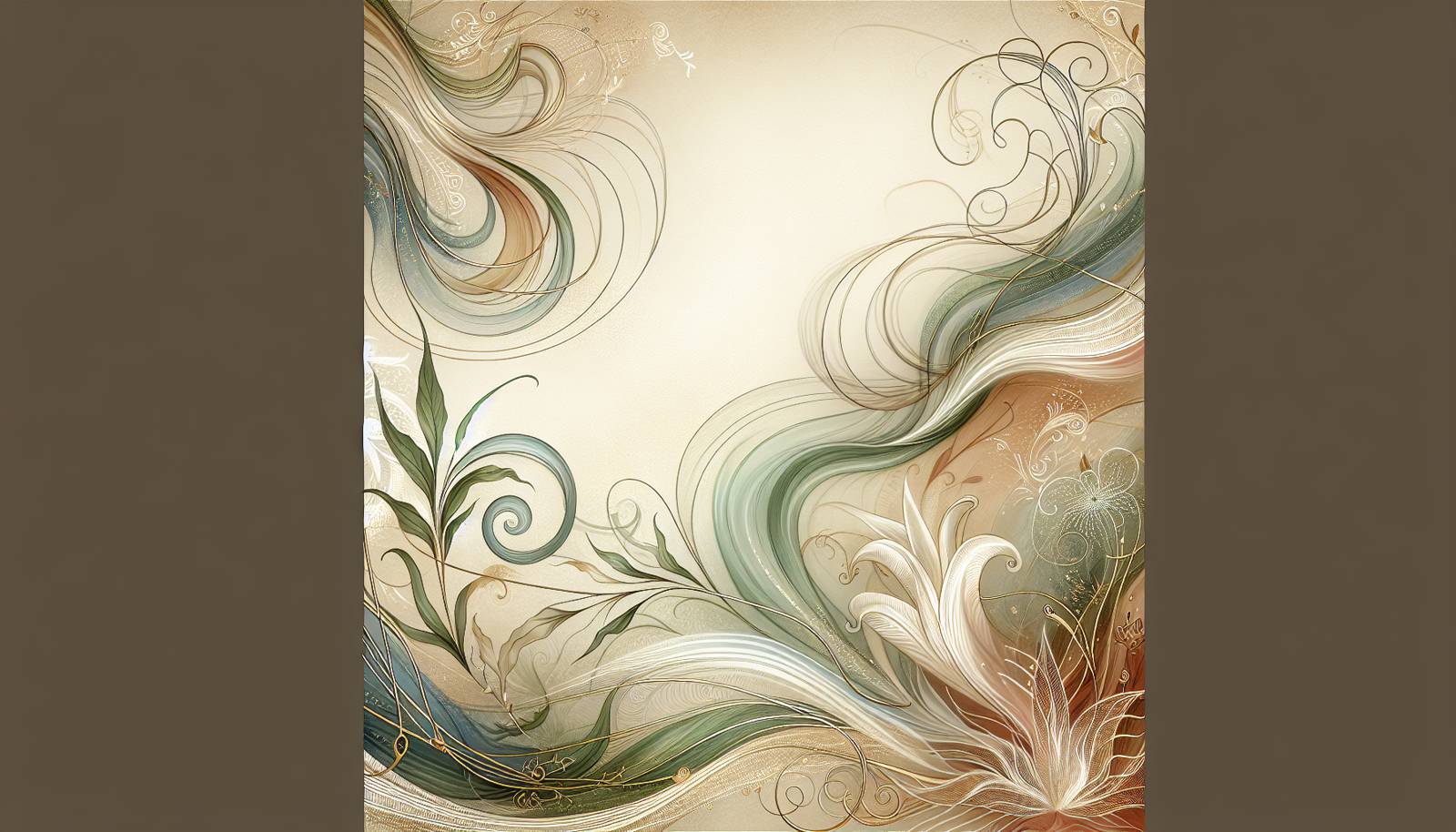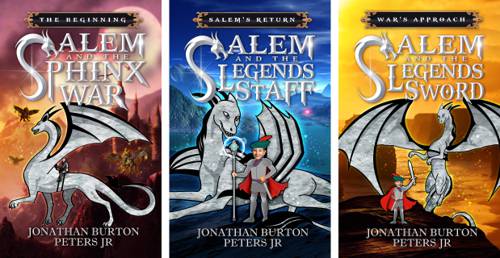
FAQ About The Cultural Impact of High Fantasy Literature

What is high fantasy literature?
High fantasy literature is a genre of fantasy fiction that is set in an entirely fictional universe, often with its own set of rules, magical elements, and mythical creatures. It typically includes elements of heroism, epic battles, and complex, immersive worlds. Classic examples include J.R.R. Tolkien's The Lord of the Rings and C.S. Lewis's The Chronicles of Narnia.

How has high fantasy literature influenced modern storytelling?
High fantasy literature has significantly influenced modern storytelling by establishing archetypes and themes that are prevalent across various media today. It has contributed to the development of detailed world-building practices and character-driven narratives. Many contemporary films, television series, video games, and books draw inspiration from high fantasy's rich tradition of exploring good versus evil, hero's journey, and mythical lore.

What are some common themes in high fantasy literature?
Common themes in high fantasy literature include the struggle between good and evil, the hero's journey, coming-of-age narratives, and the quest for identity and meaning. Such works often explore moral questions and the complexity of human nature, all set against richly detailed and imaginative worlds.

Who are some key authors associated with high fantasy literature?
Key authors associated with high fantasy literature include J.R.R. Tolkien, known for The Lord of the Rings; C.S. Lewis, famous for The Chronicles of Narnia; George R.R. Martin, who wrote A Song of Ice and Fire; and J.K. Rowling, author of the Harry Potter series. These authors have created extensive worlds that continue to captivate readers and influence the fantasy genre.

What sets high fantasy apart from other fantasy genres?
High fantasy is distinct from other subgenres of fantasy due to its setting in entirely fictional worlds, emphasis on epic themes, and incorporation of a broad scope involving multiple complex characters and plots. Unlike urban or contemporary fantasy, which may be set in the real world with fantastical elements, high fantasy creates elaborate universes with their own rules and history.

How has high fantasy literature impacted popular media like films and TV?
High fantasy literature has had a profound impact on popular media, inspiring numerous adaptations into films and television series. Major successes include the film adaptations of Tolkien's The Lord of the Rings and the HBO series Game of Thrones, based on George R.R. Martin's A Song of Ice and Fire series. These adaptations have expanded the genre's reach, bringing high fantasy's epic storytelling and elaborate worlds to a wider audience.

In what ways does high fantasy literature inspire creativity?
High fantasy literature inspires creativity by encouraging readers and creators to explore new worlds, contemplate complex characters, and unravel intricate plots. The genre promotes imaginative thinking and its richly detailed settings and themes can spark artistic expression, from writing and visual arts to game design and filmmaking.

Can high fantasy literature influence cultural imagination and perspectives?
Yes, high fantasy literature can influence cultural imagination and perspectives by challenging readers to think beyond their immediate reality. It often provides alternate viewpoints on societal norms and struggles, promoting empathy and a broader understanding of different cultures and philosophies. Readers gain exposure to mythical narratives that can reflect real-world issues in allegorical form.

What role does world-building play in high fantasy literature?
World-building is a crucial element of high fantasy literature as it involves constructing intricate, immersive universes that set the stage for the story. An effective high fantasy world provides a believable backdrop that enhances the plot and characters, with unique geography, history, languages, and social structures that captivate and transport the reader.

Why is the hero's journey a common motif in high fantasy?
The hero's journey is a common motif in high fantasy due to its universal appeal and capacity to illustrate personal growth and transformation. It's a narrative structure where the protagonist embarks on an adventure, faces trials, and ultimately returns transformed, providing a framework for exploring themes of bravery, sacrifice, and moral dilemmas.

How do mythical creatures and magic enhance high fantasy literature?
Mythical creatures and magic are essential components that enhance high fantasy literature by adding layers of wonder and complexity to the narrative. They redefine the possibilities within the story, allowing for extraordinary adventures that challenge protagonists in unique ways, and offer symbolic meaning to various aspects of the narrative.

Are there any cultural impacts of high fantasy in non-Western countries?
High fantasy has had a cultural impact in non-Western countries as well, inspiring local authors to adapt the genre's themes and styles to reflect indigenous folklore and traditions. This cross-cultural exchange has enriched the global fantasy literature landscape, with authors from various backgrounds contributing to the diversity and richness of high fantasy with new, localized narratives.

How has technology influenced the adaptation and spread of high fantasy stories?
Technology has played a significant role in the adaptation and spread of high fantasy stories by providing new platforms for storytelling. Advances in special effects and CGI have enabled more realistic and visually stunning adaptations in films and TV series, while digital publishing and e-books have made these stories more accessible to a global audience. Streaming services have also facilitated the widespread distribution of fantasy content.

What impact has high fantasy had on the video gaming industry?
High fantasy has greatly impacted the video gaming industry by providing rich source material for world-building, character development, and plotlines. Games like World of Warcraft, The Elder Scrolls, and The Witcher series draw heavily on high fantasy themes, offering interactive experiences that allow players to explore epic stories and vast, detailed worlds firsthand.

What is the role of moral lessons in high fantasy literature?
Moral lessons play a vital role in high fantasy literature, often reflecting the underlying themes of the struggle between good and evil. These narratives provide insight into various ethical dilemmas and human values, encouraging readers to contemplate issues such as justice, loyalty, bravery, and the consequences of one's actions. The settings and characters of high fantasy create compelling contexts for exploring these moral questions.

How do high fantasy novels typically explore the concept of power?
High fantasy novels often explore the concept of power through the lens of its use and abuse, its impact on individuals and societies, and the responsibility that comes with it. Characters in these stories frequently grapple with the moral implications of their decisions, while the narrative may examine various forms of power, such as political, magical, or personal strength, highlighting both its potential for heroism and corruption.

What are some challenges authors face when writing high fantasy literature?
Authors of high fantasy literature face challenges such as creating consistent and believable worlds, developing complex plotlines and characters, and maintaining originality in a well-trodden genre. Balancing intricate details with accessible storytelling, while ensuring the narrative remains engaging and cohesive, is key to successfully crafting high fantasy literature.

How does high fantasy literature appeal to different age groups?
High fantasy literature appeals to different age groups by offering layered narratives that are relatable on various levels. Young readers may enjoy the adventure and magical elements, while adults may appreciate the deeper themes and complex world-building. The genre's ability to cater to diverse interests makes it accessible and enjoyable across generations.

Why do some high fantasy works become cultural phenomena?
Some high fantasy works become cultural phenomena due to their universal themes, compelling characters, and richly detailed worlds that resonate with audiences. These stories often reflect fundamental human experiences and emotions, making them relatable despite their fantastical settings. Works like Harry Potter or The Lord of the Rings capture imaginations worldwide, leading to dedicated fan communities and lasting cultural impact.

How does high fantasy literature tackle real-world issues?
High fantasy literature often tackles real-world issues by using allegory and metaphor, allowing readers to explore complex subjects in a more abstract context. Through fantastical narratives, authors can address themes such as tyranny, social justice, environmentalism, and identity, encouraging readers to reflect on these issues and their implications in the real world.
